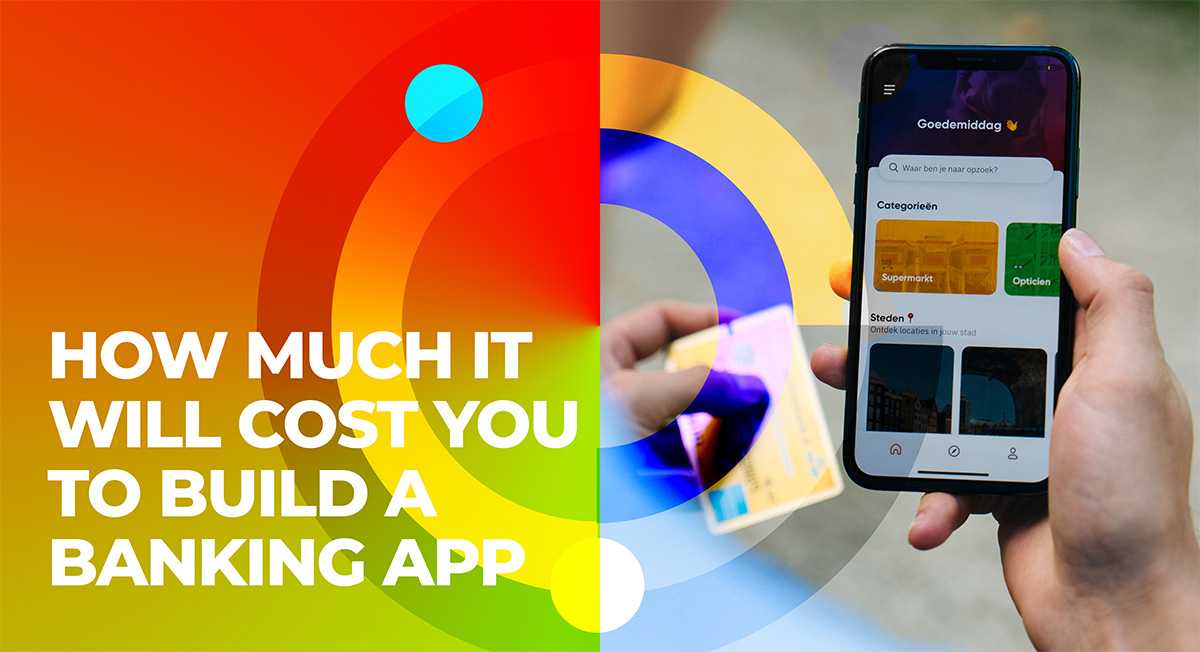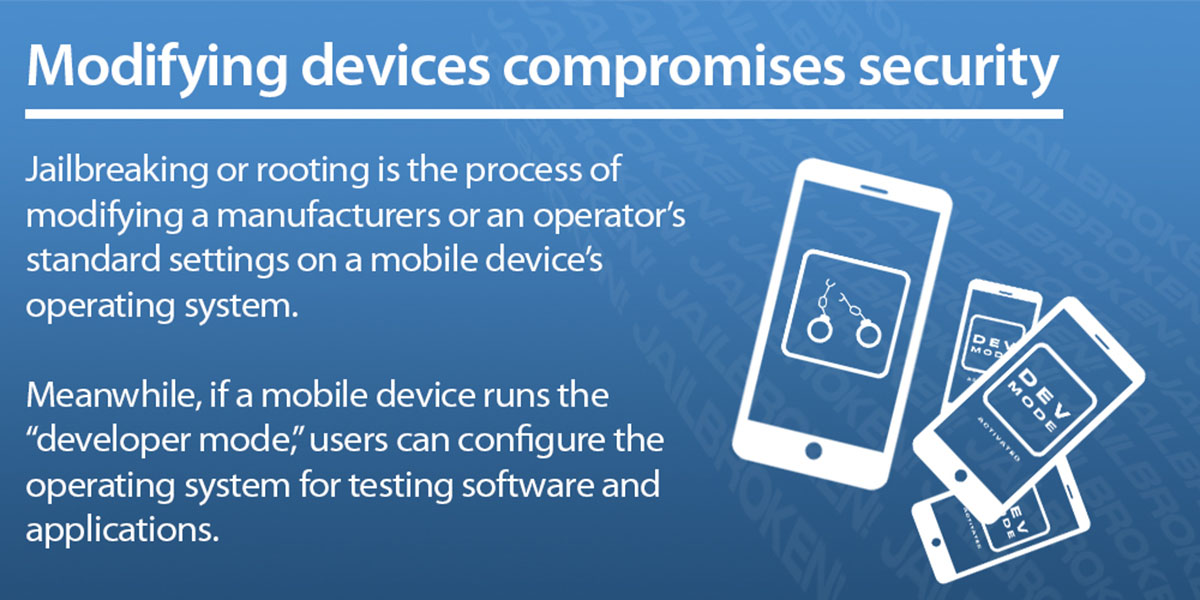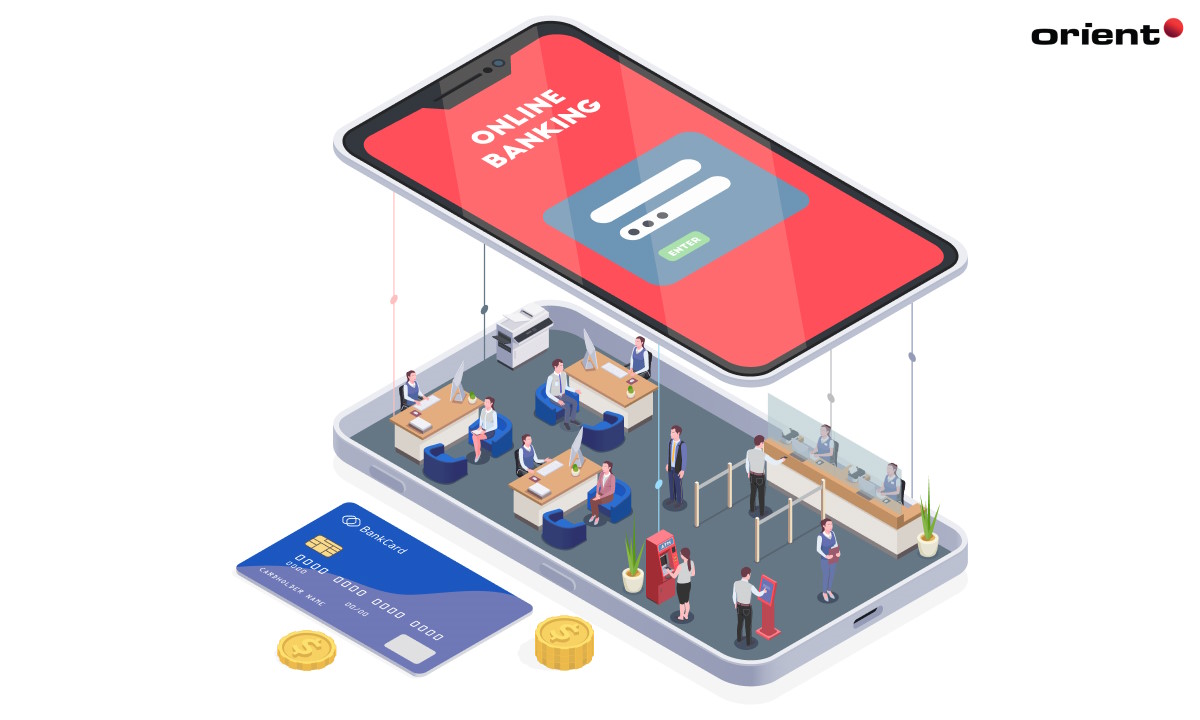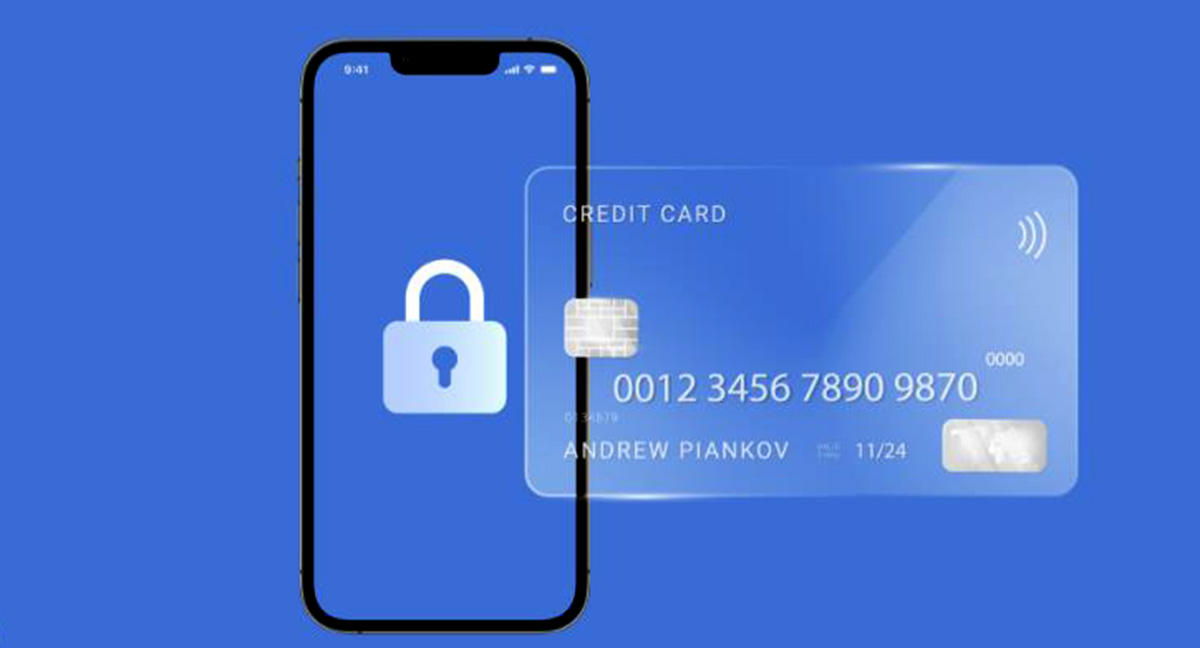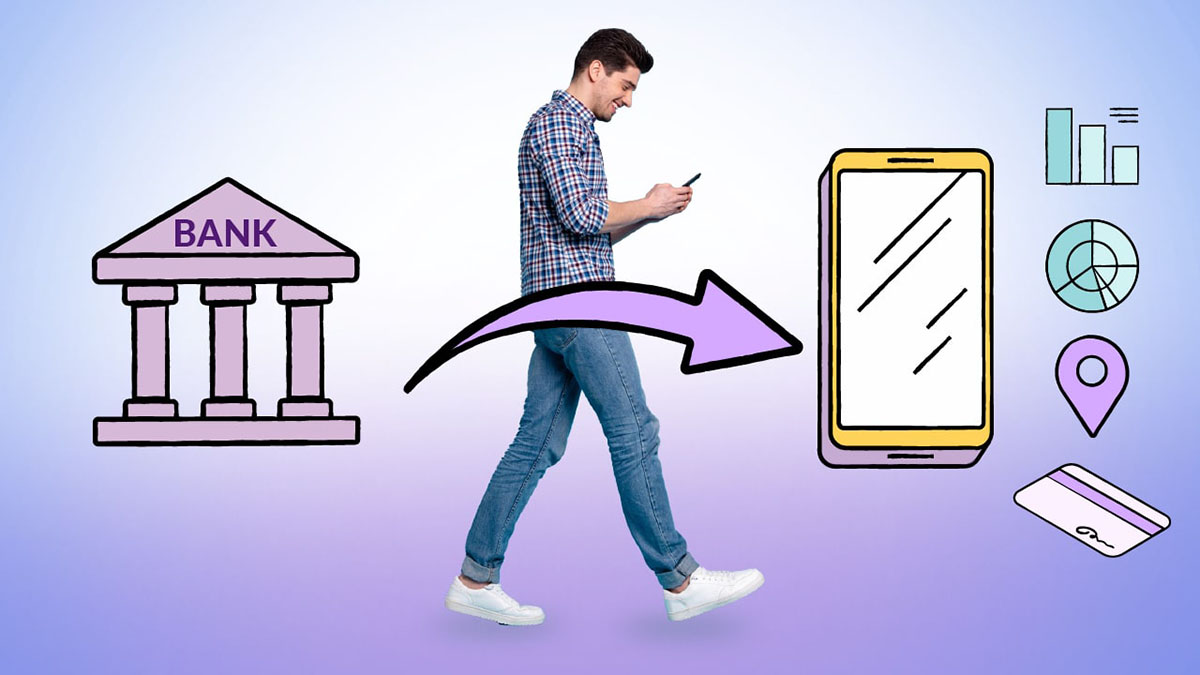

Finance
Mobile Banking Definition
Modified: December 30, 2023
Learn the meaning of mobile banking in the finance industry and how it revolutionizes the way we manage our finances on-the-go. Simplify your financial transactions with mobile banking.
(Many of the links in this article redirect to a specific reviewed product. Your purchase of these products through affiliate links helps to generate commission for LiveWell, at no extra cost. Learn more)
Understanding Mobile Banking: A Convenient Way to Manage Your Finances
Are you tired of standing in long queues at the bank or constantly searching for an ATM? With the advent of technology, managing your finances has become easier than ever. One such innovation is mobile banking, which allows you to access your bank account and carry out financial transactions using your smartphone or tablet. In this blog post, we will delve into the world of mobile banking and explore its benefits and functionalities.
Key Takeaways:
- Mobile banking provides convenient access to your bank account through your smartphone or tablet.
- You can perform various financial transactions, such as checking balances, transferring funds, and paying bills, using mobile banking apps.
What is Mobile Banking?
Mobile banking refers to the use of mobile devices, such as smartphones or tablets, to access banking services and perform financial transactions. It allows you to conveniently manage your finances anytime and anywhere, without being restricted to traditional banking hours or physical locations. Mobile banking apps provided by banks or financial institutions enable users to perform a range of activities, including:
- Account Balance Checking: Easily check your account balance with just a few taps on your mobile device.
- Fund Transfers: Transfer money between your own accounts or send funds to other individuals or businesses quickly and securely.
- Bill Payments: Pay your utility bills, credit card bills, or other recurring payments directly from your mobile device, saving you time and effort.
- Mobile Deposits: Capture images of checks and deposit them into your bank account using the mobile banking app, eliminating the need to visit a physical branch.
- Transaction History: View your transaction history, including details of recent transactions and account statements, for easy tracking and record-keeping.
- Alerts and Notifications: Set up alerts and notifications to receive updates on your account activity, including balance thresholds, bill payment reminders, or suspicious transactions.
The Benefits of Mobile Banking
Mobile banking offers several benefits that make it an attractive option for managing your finances:
- Convenience: Access your bank account and carry out transactions at your convenience, without the need to visit a physical branch or use an ATM.
- Accessibility: Enjoy 24/7 access to your account through your smartphone or tablet, regardless of your location.
- Time-saving: Save time by avoiding long queues at the bank and performing transactions on-the-go.
- Security: Mobile banking apps employ advanced security measures, such as encryption and biometric authentication, to protect your financial information.
- Financial Management: Easily monitor your spending habits, track your transactions, and set personal financial goals using mobile banking apps that provide budgeting tools and expenditure analysis.
- Efficiency: With mobile banking, you can automate recurring transactions and receive real-time notifications, ensuring your financial obligations are met promptly.
In conclusion, mobile banking has revolutionized the way we manage our finances. With its myriad of features and benefits, it has become an indispensable tool for individuals and businesses alike. Embrace the convenience and efficiency afforded by mobile banking and take control of your financial well-being today!
